HPLC Method Development for Pharmaceuticals
High pressure, or high performance, liquid chromatography (HPLC) is the method of choice for checking purity of new drug candidates, monitoring changes during scale up or revision of synthetic procedures, evaluating new formulations, and running control/assurance of the final drug product. HPLC Method Development for Pharmaceuticals provides an extensive overview of modern HPLC method development that addresses these unique concerns. Includes a review and update of the current state of the art and science of HPLC, including theory, modes of HPLC, column chemistry, retention mechanisms, chiral separations, modern instrumentation (including ultrahigh-pressure systems), and sample preparation. Emphasis has been placed on implementation in a pharmaceutical setting and on providing a practical perspective. HPLC Method Development for Pharmaceuticals is intended to be particularly useful for both novice and experienced HPLC method development chemists in the pharmaceutical industry and for managers who are seeking to update their knowledge.Covers the requirements for HPLC in a pharmaceutical setting including strategies for software and hardware validation to allow for use in a regulated laboratoryProvides an overview of the pharmaceutical development process (clinical phases, chemical and pharmaceutical development activities)Discusses how HPLC is used in each phase of pharmaceutical development and how methods are developed to support activities in each phase
{{comment.content}}
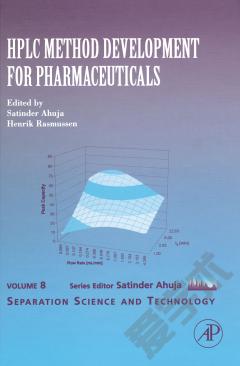
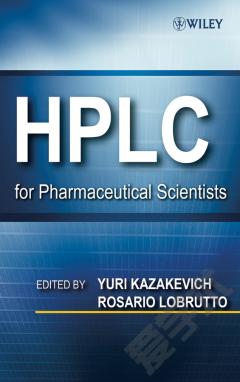
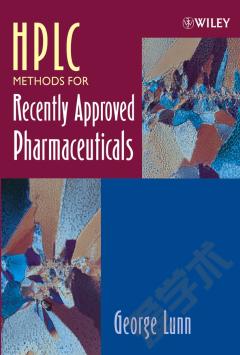

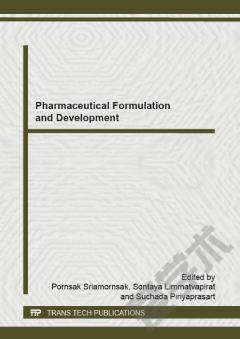
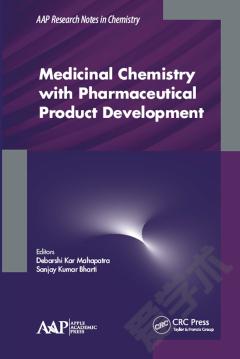
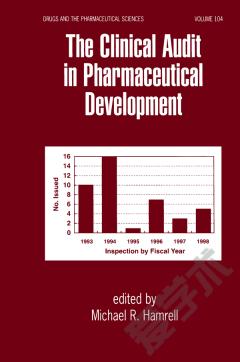

 京公网安备 11010802027623号
京公网安备 11010802027623号